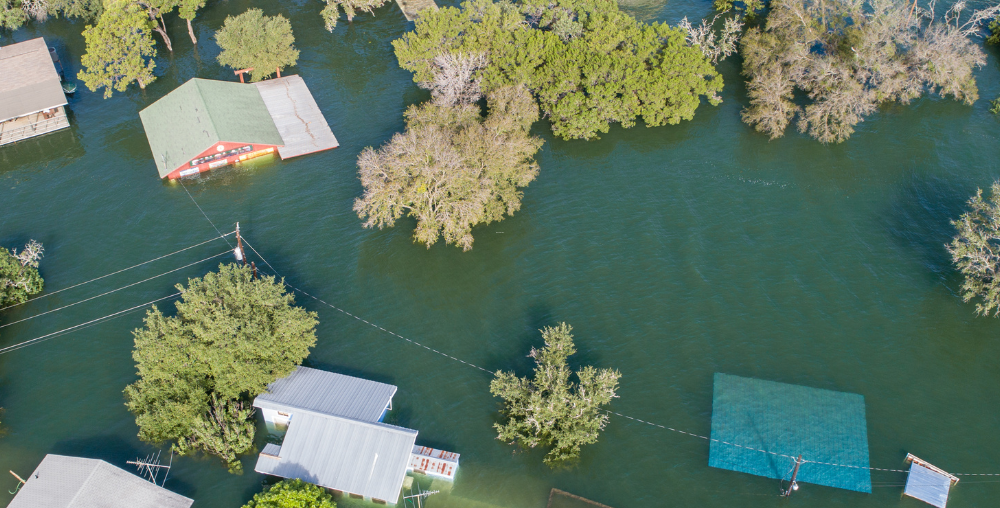Floods are among the most destructive natural disasters, affecting millions of people worldwide. Their impact extends beyond immediate destruction, influencing economies, public health, and the environment for years. From floods to flood restoration, the impact on lives is vast and devastating.
Here’s a detailed look at the various consequences of floods:
- Loss of Life and Property Damage
Floods often lead to significant loss of life, especially in densely populated or low-lying areas. Flash floods, in particular, can be deadly, giving little time for evacuation. Homes, businesses, roads, and bridges suffer extensive damage, leaving people homeless and disrupting daily life. The rebuilding process can take years, depending on the severity of the disaster. - Economic Disruptions
Floods have a devastating effect on economies. Small businesses often struggle to recover after losing inventory and property. Transportation networks may be damaged, affecting trade and supply chains. In the agricultural sector, crops and livestock can be lost, leading to food shortages and price hikes. Governments also spend billions on relief efforts, reconstruction, and compensation for affected communities. - Health Risks and Waterborne Diseases
Floodwaters often mix with sewage and industrial waste, leading to the spread of deadly diseases such as cholera, typhoid, and dysentery. Stagnant water creates breeding grounds for mosquitoes, increasing the risk of malaria and dengue fever. Additionally, flood victims face challenges in accessing clean drinking water, proper sanitation, and medical care, further worsening public health conditions. - Environmental Damage
Floods contribute to soil erosion, washing away fertile topsoil and making land unsuitable for farming. Natural habitats are destroyed, displacing wildlife and disrupting ecosystems. In some cases, floods carry pollutants, chemicals, and debris into rivers and oceans, contaminating water sources and affecting aquatic life. - Social and Psychological Impact
The emotional toll of floods is immense. Survivors often experience post-traumatic stress, anxiety, and depression after losing loved ones, homes, or livelihoods. Children, in particular, may face long-term psychological effects. Communities may also struggle with displacement, as many people are forced to relocate and start over.
While floods are natural occurrences, human activities like deforestation, poor urban planning, and climate change have made them more frequent and severe. Effective flood management, early warning systems, and sustainable development practices can help minimize their devastating effects.


